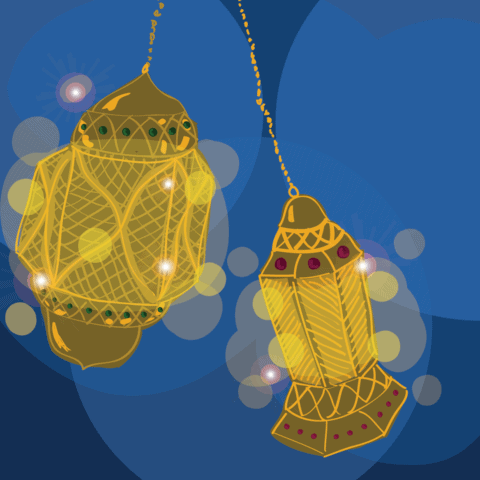Many University of Saskatchewan students may be familiar with the month of Ramadan but may not know what it all entails. Ramadan is one of the most important months for all Muslims, including those at the U of S who participate in it. Although Ramadan can be rewarding for students who take part, fasting for a month in the midst of classes, studying and work can be difficult.

Ramadan is the fourth pillar of Islam and the ninth month of the Islamic calendar. In this month, all Muslims who are capable of fasting do so from before sunrise to after sunset, with no food or water, for 30 days. Not only does this month include fasting, but also includes abstaining from any unholy deeds. It is believed that by doing this, all sins will be burnt away, making you a mentally, physically and spiritually stronger person.
As a student at the U of S, participating in Ramadan can have its challenges. With classes, group projects, homework and a job outside of school, fasting can leave me feeling tired and overwhelmed. The U of S has some, but not many, arrangements provided for Muslim students during Ramadan. Although closed in the evening, during the day, students have the option of using prayer rooms. These are a quiet and safe space set up to allow students a space to pray.
Depending on the situation, when invited to lunch or gatherings at school, I may not go at all, or go and not eat. Most of my fellow students and co-workers are understanding, and are respectful of my decisions.
The main piece of advice I would give to a non-Muslim friend who asks how they can help me through Ramadan, is not to mock me. The best thing you can do is not tease someone about fasting by purposefully and mockingly eating food in front of them. Instead, it is best to wish them luck and be respectful of their choice.
Ramadan holds great importance for me, especially regarding spirituality and self-perseverance. Ramadan helps me build character and improve myself in many ways as I become more mindful of everything I do, from the way I speak to being more aware of others’ feelings.
This allows me to check in with myself, mentally, emotionally and physically. Ramadan brings attention to my physical appearance, allowing me to have a sense of pride in how I look, and it teaches me restraint where necessary, helping me to become a better person overall.
Although sometimes I feel like giving up, I push through and persevere. If I have come this far already, then I can make it to the end. Once Ramadan finishes, Muslims are rewarded with a religious festival called Eid-ul-Fitar. For two days, we celebrate the completion of Ramadan with both traditional and non-traditional food, and thank Allah for helping us through the month.
Often, students at the U of S get together to open their fast. Students make different traditional dishes according to their culture and come together to feast on the delicious food. This brings Muslims, and non-Muslim, students on campus closer together, along with friends and family, as everyone sits together to open their fast. This helps build a greater and closer community amongst Muslim students at the U of S.
Being a student at the U of S and participating in Ramadan can be difficult. Although it can put a strain on your daily activity, for myself, and many other Muslims, Ramadan is and always will be, incredibly rewarding.
—
Samra Sheikh
Graphic: Lesia Karalash / Graphics Editor
Leave a Reply